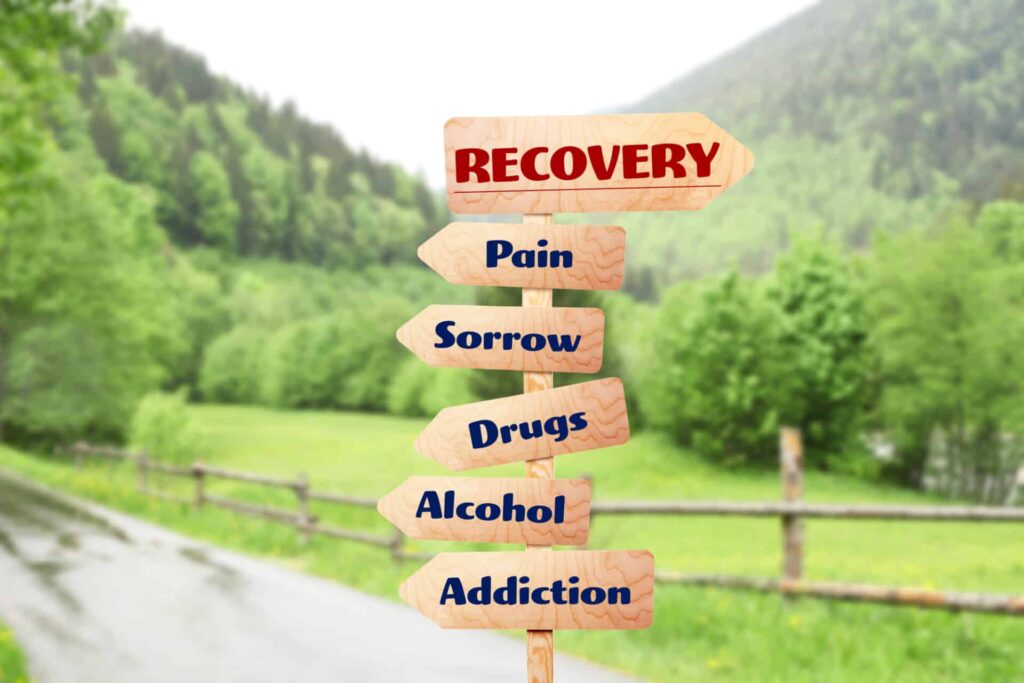Evidence-based Cognitive Behavioral Therapy (CBT) helps individuals develop more positive thought patterns.
Evidence-based Cognitive Behavioral Therapy (CBT) helps individuals develop more positive thought patterns.
Blog Article
Recognizing Dependency Treatment: Checking Out Reliable Programs for Alcohol Addiction Recuperation and Mental Health And Wellness Assistance
Launching the trip towards healing from alcohol dependency involves a comprehensive approach that attends to both the physical and mental aspects of reliance. telehealth addiction treatment. Medical detoxing acts as the foundational action, securely handling withdrawal signs under professional guidance. Simultaneously, psychiatric therapy and medication-assisted therapies are tailored to minimize the underlying mental health issues, often linked with dependency. This twin approach not only maintains the private but also sets the phase for discussing the unification of holistic treatments and support systems essential for long-lasting sobriety.

The Function of Medical Detoxing in Handling Alcohol Withdrawal
Medical detoxing plays an important role in the monitoring of alcohol withdrawal, serving as the first step in the trip towards recovery. This process carefully keeps an eye on and treats the severe physical symptoms of withdrawal that happen when an individual quits consuming alcohol. The key goal is to stabilize the individual literally and reduce possible health threats connected with withdrawal, such as seizures and delirium tremens.
Physician often provide medicines to ease signs, take care of pain, and stop difficulties. The controlled atmosphere ensures safety, addresses dietary shortages, and prepares individuals for the next stages of dependency therapy. Successful detoxification is important, as it creates the foundation for additional restorative treatments, concentrating on long-lasting recovery and relapse prevention.
Psychiatric Therapy Strategies for Double Diagnosis Therapy
Integrative strategies, combining aspects from numerous therapeutic techniques, tailor therapy to specific needs, improving the efficiency of twin diagnosis management (alcohol addiction treatment). Via these psychotherapeutic methods, individuals acquire insights into their addicting habits and psychological wellness concerns, fostering an alternative healing process and substantially boosting their top quality of life.

The Value of Medication-Assisted Therapy (FLOOR COVERING)
While psychotherapy deals with the emotional facets of addiction, Medication-Assisted Treatment (FLOOR COVERING) plays a just as important function in resolving the physical challenges. MAT uses FDA-approved drugs, such as naltrexone, buprenorphine, and methadone, to maintain brain chemistry, block the euphoric impacts of alcohol, and treatment facility ease desires, leading the way for a sustainable healing. These medicines, when integrated with behavior modifications, boost therapy efficiency, reduce the risk of relapse, and aid preserve long-lasting sobriety. By sustaining the biological basis of addiction, MAT addresses the detailed wellness demands of people, promoting boosted end results in recuperation programs. This integrated method ensures a more robust structure for recovery, highlighting the requirement of attending to both mental and physical health and wellness elements in dependency therapy.
Incorporating All Natural Therapies Into Alcoholism Recuperation
Although Medication-Assisted Treatment (MAT) is critical, incorporating alternative here are the findings treatments can dramatically improve the recovery procedure for those battling alcohol dependency. Alternative therapies include a series of non-medical recuperation techniques that focus on recovery the mind, body, and spirit. These might include yoga, reflection, acupuncture, and art therapy. Each of these techniques aims to boost psychological health and wellness, reduce anxiety, and improve overall wellness, thus sustaining the emotional and emotional aspects of healing. By incorporating such therapies, treatment programs drug treatment can use a more extensive approach that not only resolves the physical symptoms of addiction however additionally fosters internal tranquility, self-awareness, and emotional durability. This assimilation helps people develop healthier coping devices and a more powerful foundation for lasting sobriety.
Navigating Assistance Systems and Community Resources for Sustained Recovery
After dealing with the individual's all natural needs in alcohol addiction recovery, attention needs to additionally be given to external elements that add to continual soberness. Effective recuperation programs stress the relevance of constructing strong networks, which can include support teams like Alcoholics Anonymous, family participation, and healing coaching. Sustained recovery is therefore seen not only as an individual's trip but as a community-supported process, cultivating a setting where continual recovery is supported and celebrated.
Verdict
Finally, reliable alcohol addiction recuperation programs include a multifaceted approach that consists of clinical detoxification, psychotherapy, and medication-assisted treatment. Integrating alternative therapies and leveraging support group are important for addressing both physical and mental health and wellness obstacles. Such detailed treatment not only assists manage withdrawal signs and symptoms yet also supports lasting sobriety and mental wellness, consequently boosting a person's capacity to lead a much healthier and a lot more fulfilling life post-recovery.
Report this page